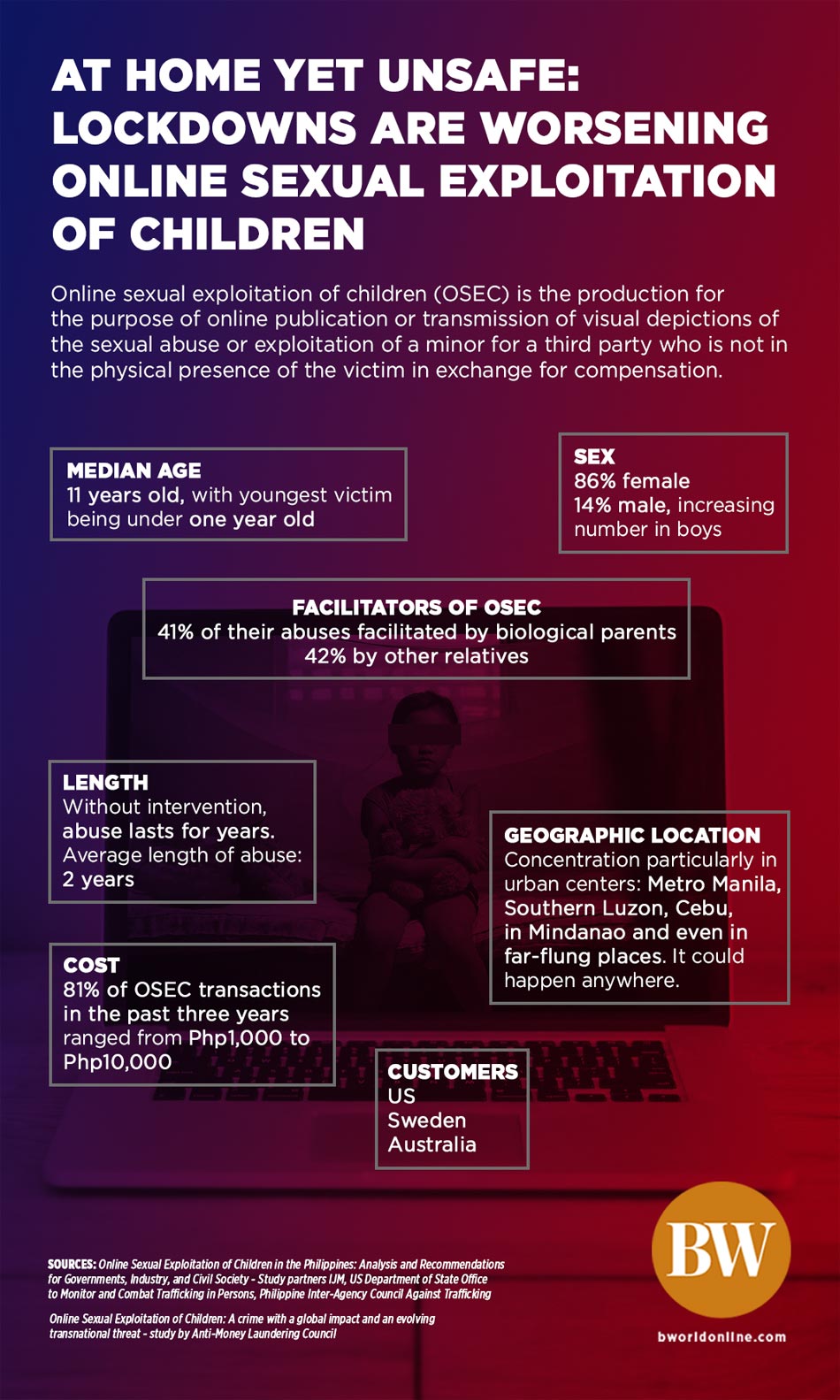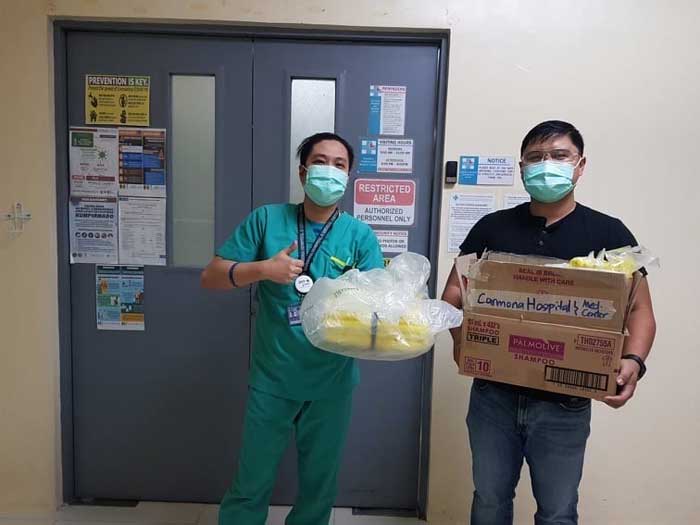It is no understatement to say that the world has changed forever because of COVID-19. Several months into a global lockdown, governments, businesses, and organizations all over the world have scrambled to adjust to what is now essentially a new way of life.
Retail is one of the industries most affected by this change. Because of the mitigation measures imposed globally aimed at slowing the spread of coronavirus, the supply, demand, and daily operations of the retail sector have been greatly disrupted. For many weeks in the Philippines, all malls were closed, social gatherings were discouraged, and only essential businesses were allowed to operate.
The overall impact of this on retail is massive. According to the Organisation for Economic Co-operation and Development (OECD), the retail sector is seen worldwide as an economic heavyweight: on average across OECD economies, about 1 in 12 workers are employed in retail, and the sector accounts for almost 5% of GDP. Moreover, it mainly serves final demand, and thus occupies an important position in value chains both as a provider to households and as an outlet for upstream sectors.
What’s more, retail also often complements activities in other sectors hard-hit by the pandemic, like tourism. The retail sector is very labor-intensive, and relies on low-wage and part-time, on-call and gig workers that are not well-covered by traditional social protection measures, which further strengthens the social consequences of the crisis in this sector.
At the same time, the behavior of consumers regarding their approach to retail has also changed during the pandemic. According to a research done by global professional services firm Accenture, changes to disposable income and available leisure time are influencing consumers’ attitudes, behaviors and purchasing habits. For example, 33% of consumers are finding themselves ‘financially-squeezed’, with less disposable income compared to before the crisis, and are shopping more cost consciously, whereas 26% (the ‘Resource-Rich’) have increased both their disposable income and free time, and are enjoying new leisure pursuits.
“In markets where the pandemic is stabilizing, economic concerns remain high, denting consumer confidence. And although fears about health are gradually subsiding, consumers remain uncomfortable about visiting public places, although they are relatively more comfortable with familiar places such as grocery and pharmacy stores,” Accenture noted in their report.
Moreover, the research found that with lockdowns in place and many stores shuttered, e-commerce has surged among consumers. From previously uninitiated users, adoption has accelerated, especially in under-penetrated categories such as grocery. Consumers have also increased their use of omnichannel services like contactless payment, social commerce, virtual consultations and curbside pickup.
All these factors combined make a perfect storm for retailers across the globe. Global professional services firm KPMG highlighted the need for retailers to readjust and reassess their priorities during the pandemic in order to move forward.
“The COVID-19 virus has already led to a number of workplace shutdowns and quarantines. Retailers must have a plan that ensures the safety of the employees while also trying to maintain business as usual activities. Beyond simply creating a crisis communications plan, retailers should be thinking about how they will manage their workforce under various different scenarios,” KPMG wrote on their website.
KPMG noted innovative companies in China that have managed to address the many challenges of this pandemic; during the height of the outbreak there, grocery operators temporarily hired thousands of restaurant employees who were idle due to restaurant closure to help meet spikes in demand. Other companies have been moving employees around the organization to fill gaps and relieve overworked departments.
Meanwhile, retailers in other sub-sectors are encouraged to talk to their key suppliers to assess their risks, identify any indirect exposures and create contingency plans.
“Retailers should also be thinking about the impact these massive changes will have on the customer and the customer relationship. How will you maintain trust in your brand and your products and services? How will you reset expectations for today? And how will you recover the customer experience in the future?” KPMG wrote.
Retailers should also take advantage of the surge in the adoption of digital platforms and technologies among consumers to increase their resilience to future shock. Brick-and-mortar retailers can diversify their sale channels by expanding their activity to online sales.
The OECD pointed out that in Korea, the government is strengthening its support for small businesses to enter online sale platforms, while in Japan, the government will provide a business continuity subsidy, which allows firms to diversify and expand their sales channels.
“Beyond financial support, governments should pay attention to regulatory barriers that hinder the participation of traditional retailers in online sales (e.g. permitting and zoning rules) and to framework conditions that affect demand for online sales (e.g. digital literacy, consumer protection, security and reliability of payment systems),” the organization suggested.
“Finally, as COVID-19 affects food and agricultural supply in complex ways, the retail sector should also consider the resilience of its supply chain where needed, notably by relying on more diversified sources of goods, by improving inventory management and by leveraging data analytics to improve forecasts on sales and supply chain tensions.”
The retail industry has weathered disruptions big and small in the past. This is no different. However, the convergence of digital technology, globalization, and increased consumer consciousness presents an entirely new playing field in the world of retail. How much it may change in the coming months and years, only time will tell. — Bjorn Biel M. Beltran

 TAKEAWAYS
TAKEAWAYS


